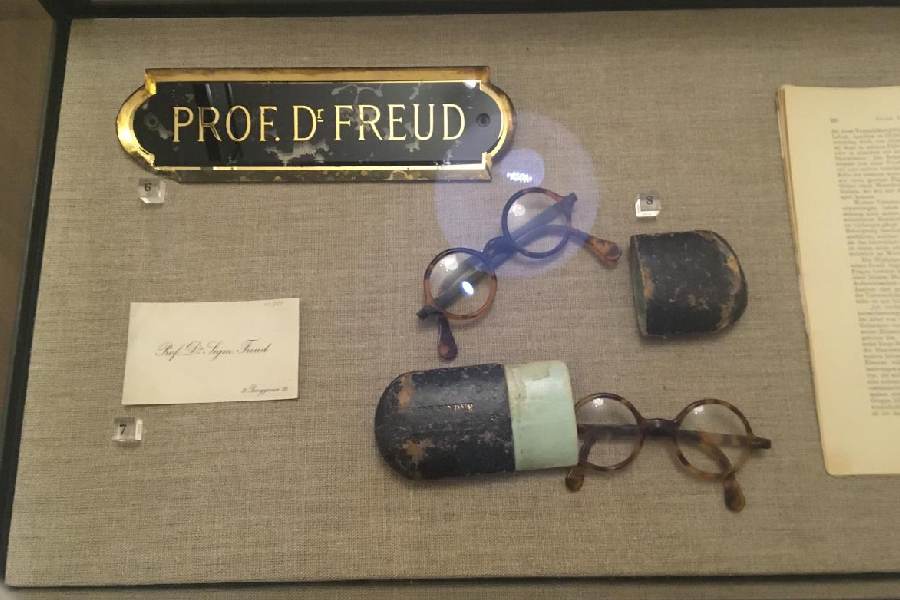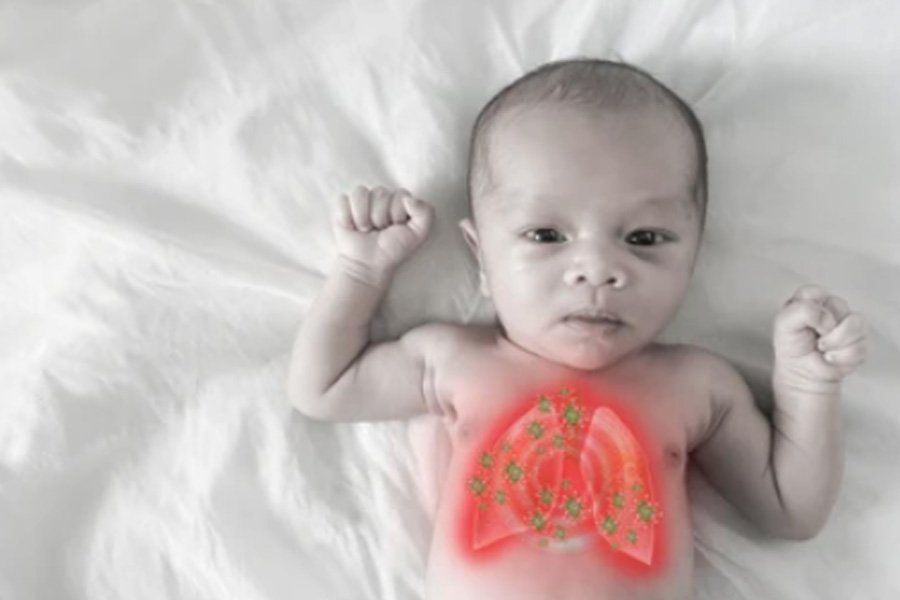Book: MORTAL SECRETS: FREUD, VIENNA, AND THE DISCOVERY OF THE MODERN MIND
Author: Frank Tallis
Published by: Abacus
Price: Rs 999
For those acquainted with the vast and often polarising body of biographical literature on Sigmund Freud, Frank Tallis’s new book seems like a baffling new addition. Baffling because the book offers no new archival material on Freud’s personal life or professional practice or any startlingly original insight into psychoanalysis. Yet, Tallis’s book invites attention for two reasons. First, it seeks to introduce us to a new phase of reappraisal of psychoanalysis from specific scientific quarters that had earlier dismissed it as pseudoscience and, second, it seeks to reaffirm what many regard as Freud’s primary contribution — his profoundly inventive understanding of the ‘modern mind’. Tallis is a clinical psychologist who remains a cautious admirer of Freud throughout the book. Even if he agrees with much of the scientific disregard of Freud’s psychoanalysis as a therapeutic method, he is quick to reinforce the significance of psychoanalysis not simply as medical practice but as a ‘worldview’. This is a view he draws quite uncritically from Freud himself and it informs the larger spirit of this new biography.
Tallis’s deeper focus on Freud’s place of work, Vienna, however, is meant to debunk a myth perpetuated by Freud himself and popularised by his associate and first biographer, Ernest Jones. It was Jones who extended the myth of Freud as the “lone genius” who worked in perpetual isolation, painstakingly working against the grain of existing medical science through case studies and experiments to come to a cohesive theoretical understanding of psychological pathologies, diagnoses and therapeutics.
Tallis’s book in this regard is not novel. The influence of the social and cultural context of fin de siècle Vienna has been the subject of many earlier biographies and Tallis merely builds on these to make a more compelling case of Freud’s social and intellectual entanglements with Vienna’s scientific establishment, its cultural circuits, its secret societies, its coffee houses and the numerous individual members of the city’s aristocratic, political and creative elite who came to him as patients and friends in need of therapy or advice. Far from being the lone genius, Tallis argues that Freud was a deeply networked professional whose work was shaped by the knowledge he derived from the easy intimacies he shared with his patients, the indulgence he received from a select group of peers and loyalists, and the admiration and the understanding he enjoyed among Vienna’s cultural luminaries, including Egon Schiele, Gustav Klimt, Arthur Schoenberg and Gustav Mahler. His case
studies involving his psychoanalytically-informed diagnostic and therapeutic insights bear deep imprints of the quintessentially Viennese underpinnings of Freud’s work.
Tallis takes us through Freud’s intellectual journey with alternating chapters that focus on Freud’s seminal texts and their framing contexts in order to reinforce the argument that it was the peculiar social and cultural milieu of late-19th-century Vienna that allowed him to make the leap from his initial interest in the scientific study of neurology to the uncharted terrain of the interpretive study of the mind and an overwhelming focus on its unconscious impulses. The therapy of delving deep into his patients’ minds to retrieve their hidden drives drew upon existing practices of hypnosis and psychotherapy but refined these to what one of his patients would name the magical “talking cure” of all nervous disorders.
Tallis is keen to emphasise this in order to trace a social and epistemological genealogy of Freudian psychoanalysis that takes it out from its purely medical and scientific context and embeds it within a broader realm of modernist sensibilities. Tallis argues that Freud’s tripartite structural model of the human mind with its primary focus on the messy realms of the unconscious, when read more expansively, displayed affinities with Darwin’s evolutionary biology with its interest in the adaptive functions of human behaviour, with German Romanticism with its creative embrace of the irrational and, more importantly, with contemporary modernist aesthetic responses to the repressive regimes of civilisational conformity. Freud for Tallis completes the modernist trinity with Proust and Joyce. As for Freud’s scientific reputation, Mortal Secrets effects a curious balancing act. Tallis acknowledges the rehabilitation of Freudian psychoanalysis but shies away from any serious discussion of the scientific debates that underpin this project. For him, it is the cultural project of rehabilitating Freud that is of greater consequence.
For the general reader, navigating the multiple registers through which Tallis structures his discussion of Freud might be a tad tedious while for the more seasoned Freud scholar the book could have done more. In the end, however, Tallis succeeds in synthesising a huge body of literature on the life and times of Freud for a younger, uninitiated readership which might be curious about the man but anxious about where to begin. Mortal Secrets, with its lucid prose and engaging style, presents an exciting new opportunity.











